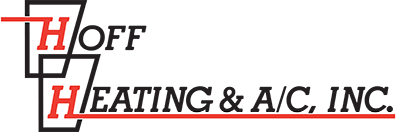Are Annual Furnace Inspections Necessary?
Ideally, you will have your home’s furnace inspected at least once a year to ensure that it is in proper working condition. An inspection may make it possible to detect minor issues before they wreak havoc on both the furnace and your finances. Inspect Every Aspect of the Furnace It is unlikely that you have the tools or experience to conduct a thorough and comprehensive furnace inspection. A NATE-certified technician from in O’Fallon will ensure that there are no gas leaks, that the motors are clean, and that there are no physical defects that need to be fixed. Service plans may be available that make it easier to ensure that your furnace gets the attention it needs. Ensure Your Furnace Is Efficient Throughout the Year An annual furnace inspection will enable this component to work more efficiently during the colder winter months. Ultimately, your home will be warmer without necessarily increasing your heating bill. This is because you may be able to keep the thermostat at its current temperature or even lower it a few degrees. Furthermore, you will see even heating throughout your house, which means that you may not need space heaters or other products that use extra...
View Article Read More
